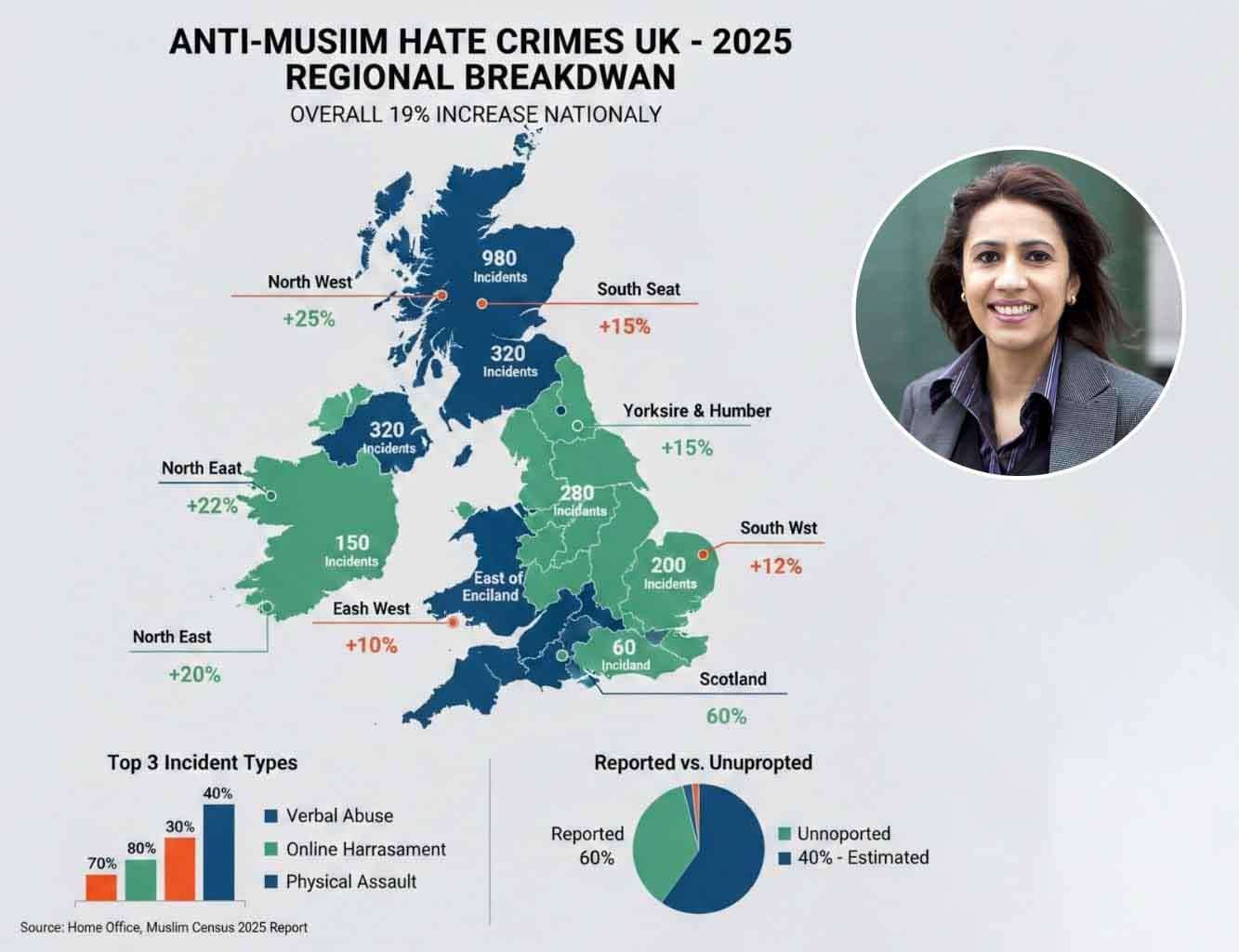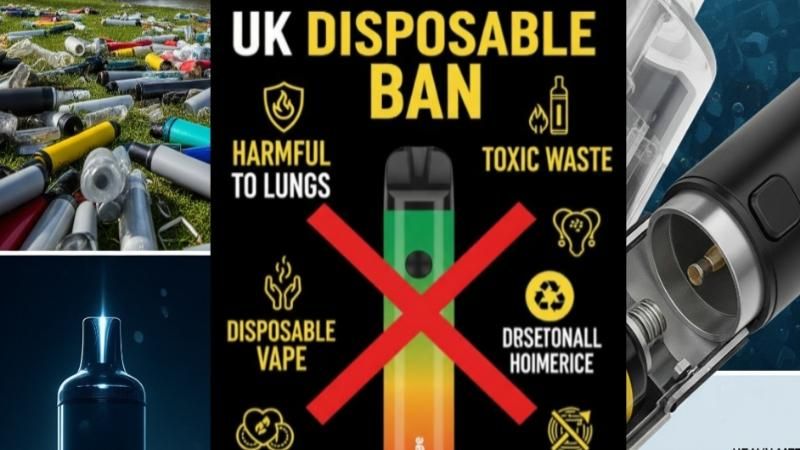A landmark ban on the sale and supply of disposable vapes comes into force across the United Kingdom tomorrow, Sunday, June 1, 2025. The move aims to tackle the alarming rise in youth vaping and curb the escalating environmental damage caused by single-use plastic devices. However, concerns remain about the potential for a booming black market and the impact on adult smokers who used disposables to quit cigarettes, Daily Dazzling Dawn understands.
The new legislation, applying to England, Scotland, Wales, and Northern Ireland, makes it illegal for shops to stock or sell disposable vapes, both in-store and online. The government has cited significant concerns over the "alarming rise [of disposable vapes] in school playgrounds and the avalanche of rubbish flooding the nation’s streets," according to the Department for Environment, Food and Rural Affairs (Defra).
UK Circular Economy Minister Mary Creagh echoed these sentiments, stating, "For too long, single-use vapes have blighted our streets as litter and hooked our children on nicotine. That ends today. The Government calls time on these nasty devices." Businesses found in breach of the new rules face enforcement action, including stop notices, compliance notices, and fines of £200. Repeat or serious offenders could face unlimited fines or even imprisonment. Retailers have been instructed to responsibly recycle any leftover stock.
The ban does not extend to reusable, rechargeable, and refillable vape products, which remain legal for adult users.
Health Dangers Lurk Beyond Nicotine: The Fake Vape Epidemic
Compounding the issue of youth uptake and environmental waste is the dangerous proliferation of fake and illicit vapes. Authorities have warned that many disposable vapes circulating, particularly those mimicking popular brands or claiming to contain CBD or THC (the psychoactive component of cannabis), are counterfeit and can be extremely harmful.
These unregulated products, often manufactured with substandard and dangerous ingredients, have been found to contain illegal psychoactive substances like synthetic cannabinoids (e.g., 'Spice'), harmful chemicals, heavy metals like lead and cadmium, and dangerously inconsistent nicotine levels. School-aged children are particularly vulnerable, attracted by appealing flavours and misleading packaging, unaware of the potentially severe health consequences which can include respiratory problems, seizures, heart issues, and serious poisoning. The Public Health Agency has highlighted hospitalisations linked to synthetic cannabinoids in vapes sold as THC or cannabis oil.
Vaping in British South Asian Communities: A Misconceived "Halal" Alternative?
Concerns have also been raised about vaping trends within some British South Asian communities, including Bangladeshi, Indian, Pakistani, Nepali, and Sri Lankan populations. Notably, among some Muslim youth, there's a growing misconception that vaping is a "Halal" (permissible in Islam) alternative to alcohol or traditional smoking.
However, Islamic scholars widely regard vaping as not Halal. This is based on the core Islamic principle that any substance or act that causes harm to an individual's health is forbidden. The Quran and Hadith (sayings and traditions of the Prophet Muhammad, peace be upon him) strongly emphasise the preservation of health and the avoidance of self-harm. One widely cited principle derived from Hadith is "La darar wa la dirar," meaning "There should be neither harming nor reciprocating harm." Given the known and potential health risks associated with inhaling heated chemical aerosols, even if perceived as less harmful than smoking, vaping generally falls under this prohibition. The addictive nature of nicotine and the presence of harmful substances in many vape products, especially illicit ones, further solidify this view.
Industry Response and Future Concerns
The UK Vaping Industry Association (UKVIA) has stated that its members have worked to comply with the new regulations but has warned of "serious unintended consequences." John Dunne, Director General of UKVIA, emphasised that "Vaping was invented to help adult smokers quit, and disposable products became the most successful vape products to do so because they are simple to use and most closely replicate the sensation of smoking."
The association fears the ban could drive former smokers back to combustible tobacco – which remains a leading cause of preventable death – or push them towards unregulated, black-market vapes. "We also have clear evidence, from countries including the USA and Australia, showing that black market, counterfeit and illicit vape sales spiked when vape bans and restrictions are introduced,” Dunne added.
Recent data from Action on Smoking and Health (ASH) for 2024 indicated that 18% of 11-17 year olds had tried vaping. While a UCL study suggested the rapid rise in vaping may have stalled in early 2024, possibly in anticipation of the ban, youth vaping remains a significant concern.
The environmental toll of disposable vapes has been stark, with millions discarded weekly, contributing to plastic pollution and electronic waste. Each device contains valuable materials like lithium batteries that are rarely recycled, posing fire risks in waste management facilities and leaching toxic substances into the environment.








.svg)



